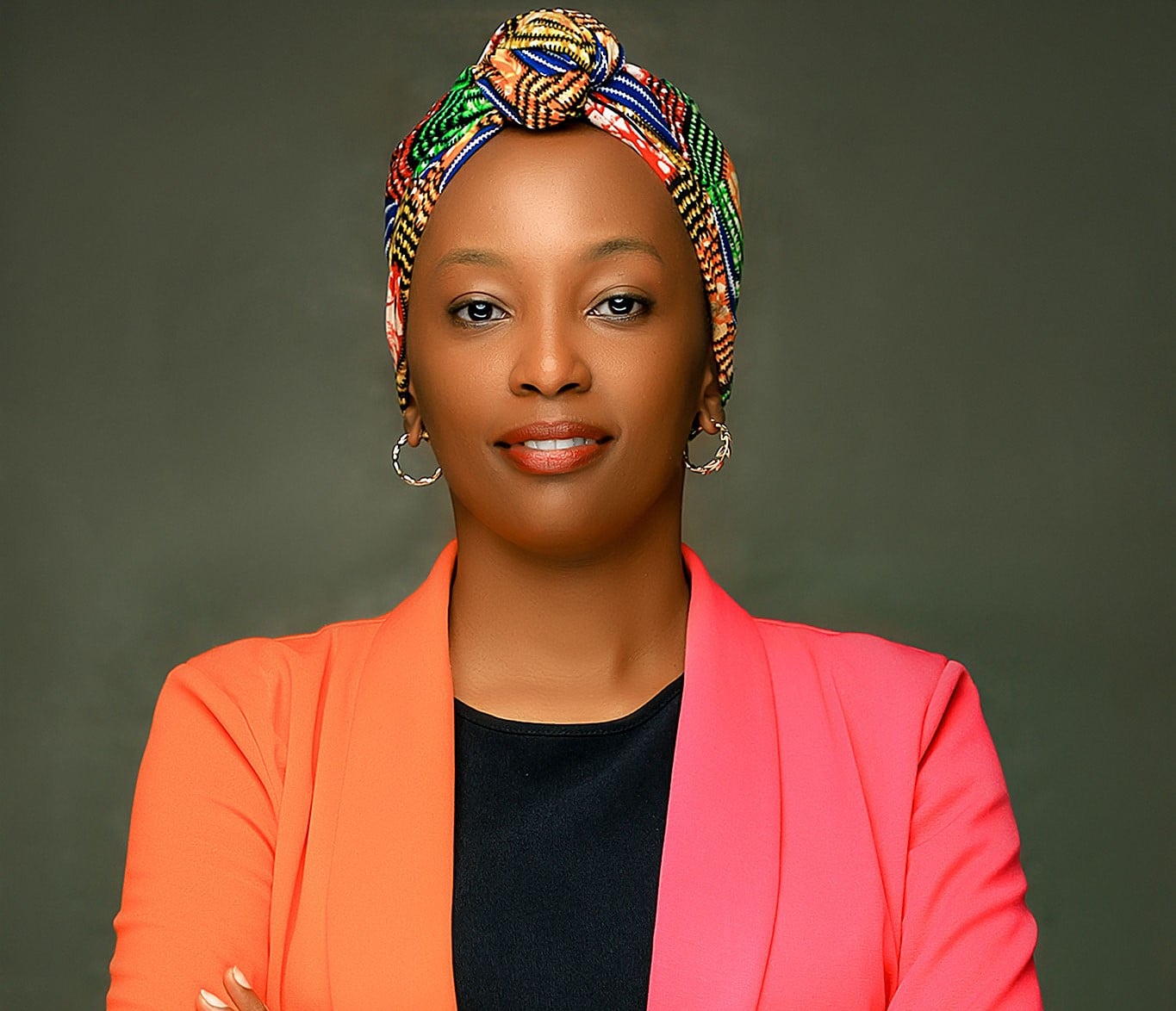Susan Tusabe’s NGO in Uganda has grown to include over 600 children and 90 mothers, with activities expanding from static book clubs to a mobile library, menstrual and mental health education, leadership workshops, agricultural instruction, digital competency, and support for a boys’ football academy.
A proverb in Luganda, one of Uganda’s luxuriant abundance of languages, enjoins: okutambula kulaba, okudda kunyumya. Experience life, and return to tell your story.
The liberating power of storytelling is the beating heart of Kampala’s arts education and literacy NGO Art of a Child. Its Founding Director, Susan Tusabe, started the organization in 2016, after recognizing an appetite for reading in the children she met on her daily walk to work.
“I used to take a path through a slum area in a suburb called Kabalagala,” she says. “The children I met showed a hunger for information. If I took books for them, they would show more interest; if I didn’t show up, they would look for me. At some point, I was told that kids in the slums were not interested in reading; that I should look for another thing to do for them, like providing food. But I realized children are not really interested in other handouts; they’re actually looking for information.”
Ad hoc visits and book distributions matured into a Book Club, where stories were read aloud to include children whose literacy levels were still low. “They needed guidance on how to read books,” Tusabe says. “They had never experienced hearing a story like Jack and the Beanstalk. So they were very excited.”
Loading...
Those nascent meetings attracted around 30 children; the NGO’s portfolio of programs has now grown to include over 600 children and 90 mothers, with activities expanding from static book clubs to a mobile library, menstrual and mental health education, leadership workshops, agricultural instruction, digital competency, and support for a boys’ football academy.
Tusabe says this diversification has allowed Art of a Child to meet the changing needs of the different communities it serves.
“Literacy has evolved; it’s really no longer about just reading or writing,” she says. “Literate individuals should be able to use knowledge to develop their communities. We want young people to be able to make a positive change.”
The program’s alumni have gone on to innovate solutions to problems experienced in their own childhoods. “Some girls have started up a project called School Pads, addressing period poverty,” says Tusabe. “They believe the project will reduce the number of school dropouts. Some are focusing on the environment, planting trees in their communities. And we talk to them about being able to equip themselves economically; a few have started shoemaking, another is making beauty products. So it’s a mixture of leaders.”
The success of these programs has offset the challenges an NGO of this kind often faces in both urban and rural settings: an initial resistance to outreach which doesn’t always provide an immediate tangible benefit. “Maybe because of what they have seen, or whichever organizations they have dealt with, they expect a scholarship or allowances, a reward for being there. But the ones who stay actually gain more. For example, those who are growing mushrooms have made a lot of money, to the extent that they have created savings, and are able to buy equipment.”
A further beneficiary of the NGO’s diversified offering is the Wolfgang Football Academy in the rural district of Masaka, about 80 miles southwest of Kampala. Its founder, qualified coach Rodin Joseph Bugembe, says that 30 boys now live onsite, with a further 20 traveling from other communities to take part in daily training. The academy has integrated Art of a Child’s literacy and leadership programs to build an environment which nurtures every aspect of the children’s development.
“We try to create three pillars: education, character, and football,” he says, as a thrilling, full-blooded tournament throttles past him on a dusty pitch; one boy hits a volley so fearsome it knocks the entire goal frame off its moorings (Bugembe says the academy is always in need of new footballs, more coaches to accelerate the boys’ training, and robust and reliable healthcare provision).
“Character means what you are, and what you do,” he says. “So here, these boys gain confidence and self-esteem, and are able to express themselves in public. We need everyone to work together with us, and Art of a Child, to find for the boys a good life.”
Loading...
